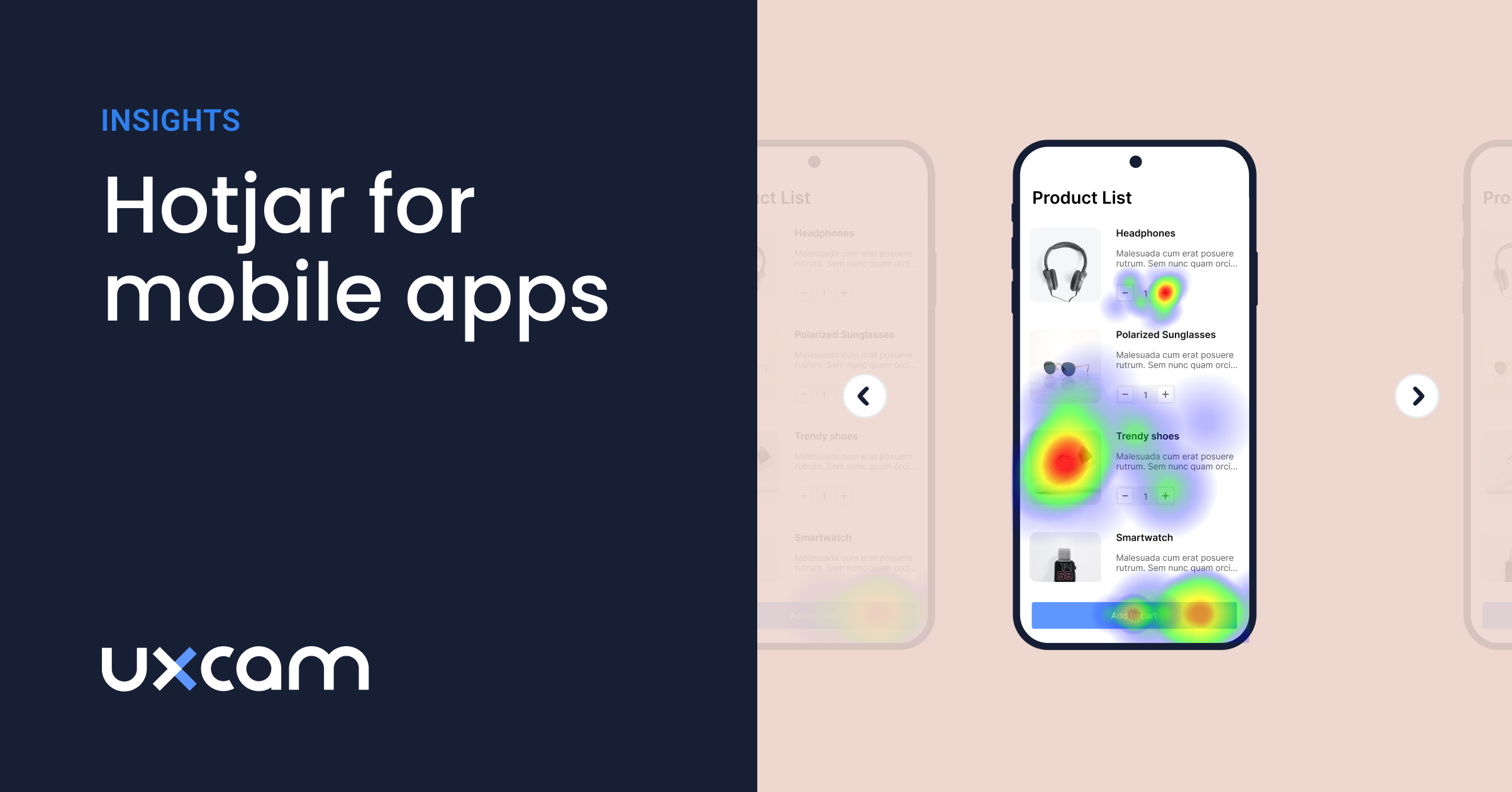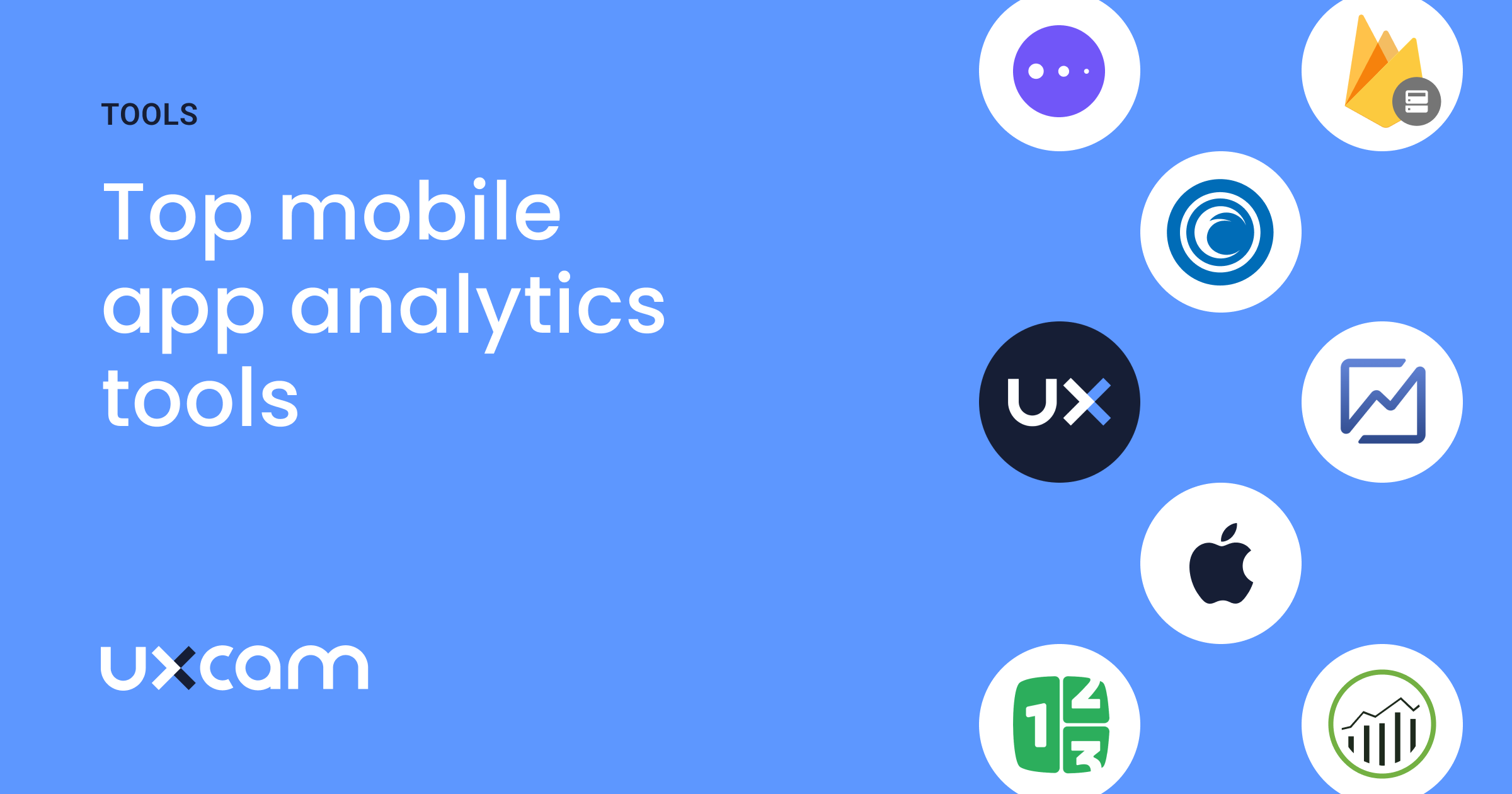11 Essential Mobile SDKs That Will Improve Your App
PUBLISHED
29 October, 2019

Growth Lead

Here’s the good news if you’re working on a mobile product: App installs are increasing worldwide.
App Downloads Worldwide. Image Source
It’s always good to be in a growing market. The bad news: Competition is growing, too. Ca. 477 apps find their way into the app store every week.
An important weapon in the constant fight against the competition are the SDKs you choose.
Short reminder: A mobile SDK (“Software Development Kit”) is a piece of code that enables your app to communicate with 3rd parties.
An example: The Facebook login button.
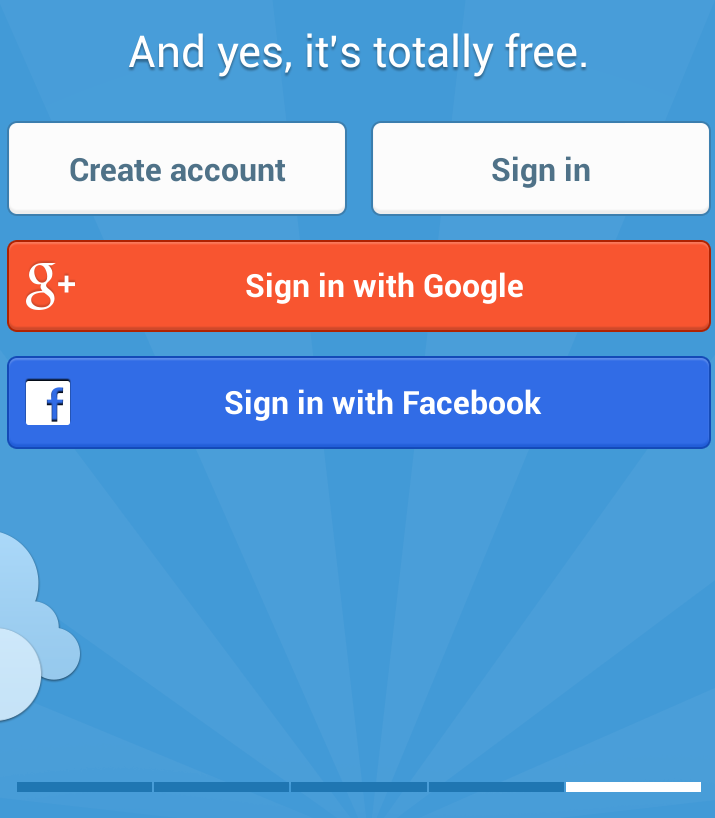
Facebook Login button. Image source
This button is implemented with the help of the Facebook mobile SDK. It lets your app communicate with Facebook.
Think about the implications of this simple integration. How would your conversion rates change if users would need to register via email?
But SDKs are also able to perform sophisticated tasks.
They can drastically change your app through analytics, marketing and payment services.
However, it’s not easy to build your mobile SDK stack. There are 100s of options on the market. It’s hard to decide which ones to use.
And yet, it is an important choice to make. The right or wrong SDK stack decides if your app succeeds or fails.
We will help you narrow the choice down by showcasing the 11 most important mobile SDK categories.
If you need guidance on which specific mobile SDKs to choose, we’ll have an answer for you at the end of this article.
Quantitative Analytics
Quantitative Analytics describes data that can be expressed in numbers, for example graphs and charts. Quantitative data will give you an objective basis to work on.
An important criteria for choosing a quantitative SDK is the option to track KPIs on a custom dashboard.
Since every app is different, “one-size-fits-all” doesn’t apply here. Just think about the difference between e-commerce and financial apps.
Additionally, those SDKs should enable you to analyze a large amount of data points. For example, information about location, device type and OS version should be included.
Qualitative Analytics
Qualitative analytics helps you to understand users, their journey and their behavior.
Tracking numbers is important, but you won’t innovate or come up with new ideas by looking at graphs all day.
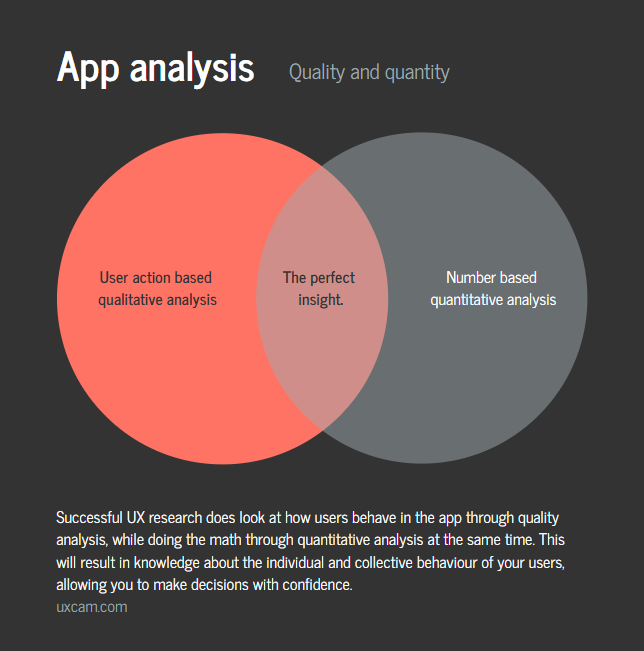
If you understand users on a deep level and act accordingly, traffic and revenue will follow. Qualitative analytics helps you in understanding how users actually use your app.
AB Testing
A/B testing allows you to conduct experiments with two variants. It helps to determine which hypothesis is more effective.
A great A/B testing SDK should be reliable and have a good reporting structure. That way, you’ll be able to clearly determine what the winning variant is and why it’s the best.
A big pain point of creating changes on your app is that you’ll have to submit a new version to the app store. This slows the speed and amount of tests down.
Therefore, it’s essential that the SDK lets you perform changes without the need to submit them to the app store.
Performance is another important factor here. You don’t want one of your tests to negatively impact your app performance. The SDK needs to be lightweight and stable.
Push Notifications
Push notifications can be a big driver for user engagement.
However, push notifications can also be the main driver for uninstalls. 71% of people uninstall apps because of them.
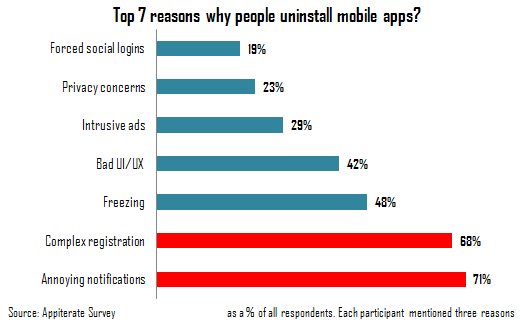
Therefore it’s essential that the push notifications that are being sent are relevant and not annoying.
You should look for SDKs that can send notifications based on triggers, e.g. actions inside the app.
You may also want to segment app users and send notifications accordingly. A basic example of this would be gender. If you’re working on an e-commerce app, you don’t want to send offers about women’s clothing to men.
Crash Analytics
Few things can have a more devastating effect on the user experience as a high number of crashes and bugs.
The Crash Analytics SDK of your choice should:
Display Crash logs
Send notifications about new crashes & bugs
Give detailed crash reporting
Advertising
Advertising SDKs allow you to monetize your app.
Ads influence the user experience. Make sure that you can determine the ad appearance and placement with the SDK of your choice.
Another factor that you should consider is the ad network of your advertising SDK. If you choose a smaller player, you run the risk of having a low ad fill rate.
Payments
Finding the right SDK to process in-app payments is an important task. You want to use a service that provides a fast, simple and seamless experience.
Ideally, the payment flow should be customizable to fit your brand identity.
User Testing
User testing is essential to ensure product-market fit before launching an app.
You want to understand how users navigate through your app and how new features are being used.
If you have ever set up a user test yourself, you know that it’s time-consuming. Crowd-sourcing user testing with an SDK can be a fast alternative. These SDKs should have a network with high quality testers.
Attribution
Attribution SDKs enable you to measure the effectiveness of your app campaigns.
Trace the origin of app installs, stop campaigns that don’t work and double down on those that do.
Surveys
Gathering in-app user feedback gives your frustrated users an outlet to express themselves without leaving a bad review, while giving you the ability to learn from feedback.
A common use case for surveys is the measurement of the Net Promoter Score (NPS).
The NPS is a system that was invented by Fred Reichheld to measure the number of brand promoters in a user base.
Location Data
App users today expect personalized communication.
Using location data is an easy way to understand where people are using your app and how you can adjust your messaging.
Location SDKs can also be used for navigation, augmented reality or data visualization purposes.
How to Choose
A great mobile SDK:
Has a niche
Solves a BIG problem in that niche
Is stable
Is secure
Is lightweight and does not impact app performance
If you’re interested in finding out which specific mobile SDKs can help you, download the guide below.
It contains descriptions and benefits of the market leading SDKs today.
Related Articles:
AUTHOR

Jonas Kurzweg
Growth Lead
UX, marketing & product nerd. Coffee enthusiast. Working at UXCam.
What’s UXCam?
Related articles
App Analytics
The Hotjar for mobile apps: UXCam
Read on to learn about the best Hotjar alternative for native mobile apps (Android and iOS) and hybrid apps. Here's how to get heatmaps and session recordings for your mobile...

Audrey Meissner
App Analytics
Top 19 Mobile App Analytics Tools in 2025
Choosing the best mobile app analytics tools and platforms for your app can be overwhelming. We did the research, so you don't have...

Jonas Kurzweg
Growth Lead
App Analytics
Amplitude React Native Integration Review & Best Alternative
Explore how to set up Amplitude React Native, read expert reviews, and discover the best alternatives for optimizing your mobile...

Tope Longe
Growth Marketing Manager

